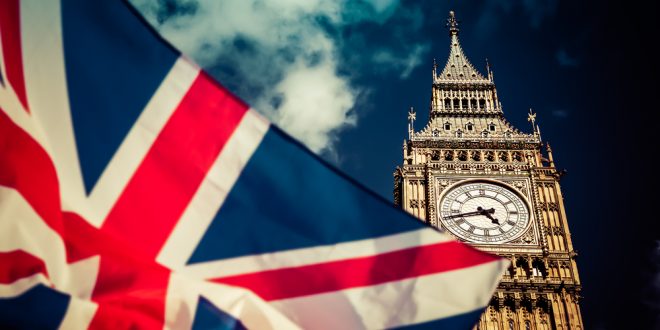Britain’s economy grew more slowly than expected between July and September, official data revealed on Wednesday, ahead of the outbreak of the Omicron mutation that poses an additional threat to recovery this year.
Gross domestic product (GDP) for the world’s fifth-largest economy rose 1.1 percent in the third quarter, less than an initial estimate of 1.3 percent growth due to the impact of global supply chain problems on manufacturing and construction firms.
The Office for National Statistics said this is down from a growth rate of 5.4 percent in the second quarter of the year, which coincided with the lifting of many pandemic-related lockdown measures.
Investors are bracing for a further slowdown in the last quarter of the year and a weak start to next year due to an increase in Covid-19 infections caused by the mutant Omicron, which will damage Britain’s hospitality and leisure sector negatively affect retail companies.
Britain’s balance of payments deficit widened to 24.4 billion pounds ($32.35 billion) as exports of goods declined, imports grew, and foreign companies received more income from their investments in the United Kingdom.
 Noor Trends News, Technical Analysis, Educational Tools and Recommendations
Noor Trends News, Technical Analysis, Educational Tools and Recommendations





